NHL trade deadline winners and losers: Wild, Avs, Rangers come out on top
With the NHL trade deadline behind us, it's time to break down the winners and losers of the frenzy based on deals made over the final week.
Winners
Minnesota Wild
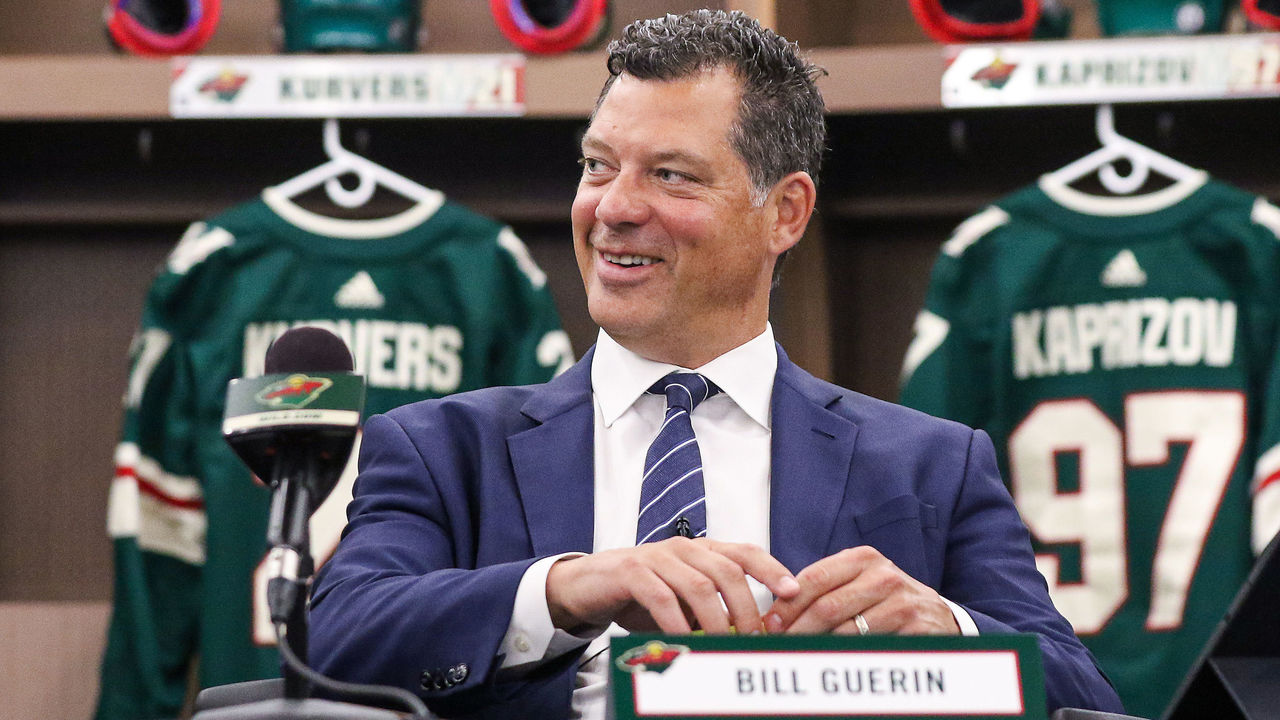
Wild general manager Bill Guerin knows this is his year to go for it, and he's doing exactly that. Ryan Suter's and Zach Parise's buyout cap hits will balloon over the next couple of years, so this season represents Minnesota's best chance to win a Stanley Cup.
First, Guerin addressed a big need between the pipes by bringing in his former Pittsburgh Penguins teammate Marc-Andre Fleury. The veteran netminder has a solid .908 save percentage for the lottery-bound Chicago Blackhawks. The Wild are one of the best defensive teams in the league - ranking second in expected goals against per 60 minutes at five-on-five - so a rejuvenated Fleury should excel in his new surroundings.
Nabbing him while only giving up a conditional second-round pick (that becomes a first if the Wild reach the Western Conference Final) is tremendous value. Minnesota won't need Fleury to be a workhorse down the stretch, either, as Cam Talbot - despite the recent struggles that necessitated an upgrade in goal - is still around to help shoulder the load.
Guerin then used his newfound depth between the pipes to land defenseman Jacob Middleton from the San Jose Sharks in exchange for goalie Kaapo Kahkonen. Middleton isn't a household name, but he's big, physical, and good defensively. Plus he's just 26 years old, carries a cap hit of $725,000, and will only be a restricted free agent at season's end.
Vancouver Canucks
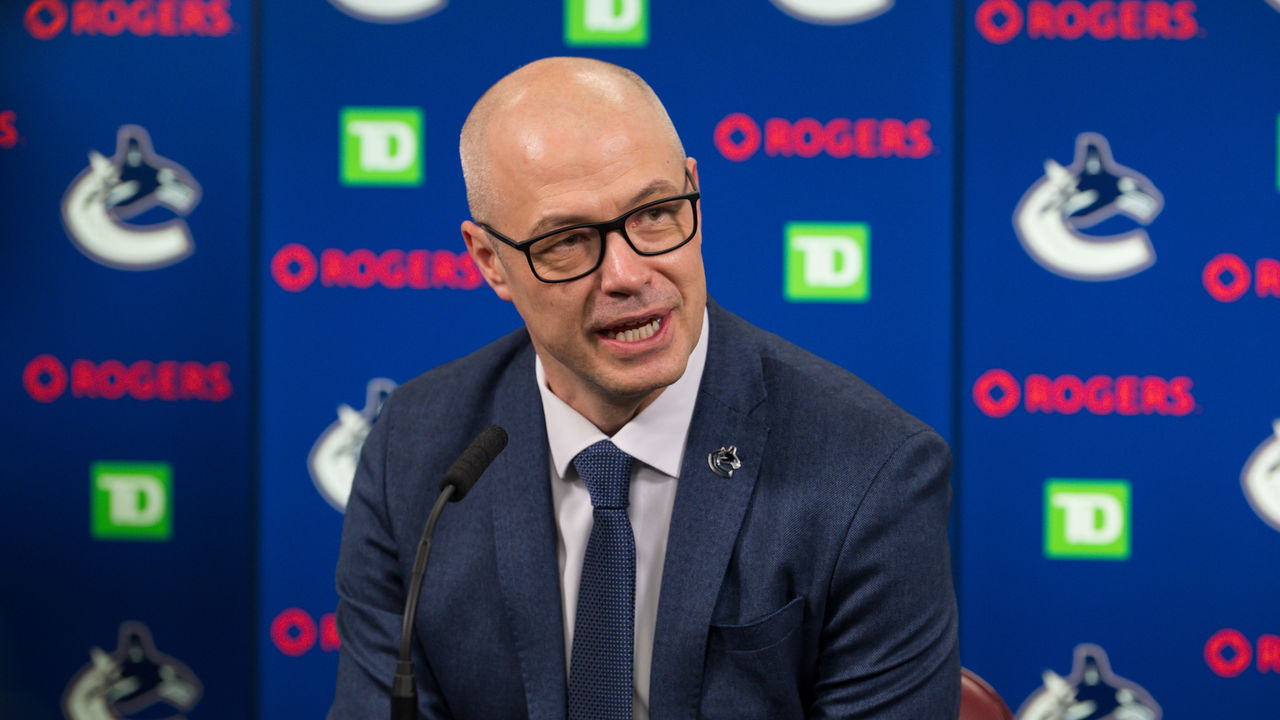
Patrik Allvin's first trade deadline as an NHL GM was a success. On Sunday, he traded away Travis Hamonic's undesirable contract for a third-round pick. He then flipped a third-round pick to the Toronto Maple Leafs for Travis Dermott, who's younger, cheaper, and better than Hamonic. That's some tidy work.
Vancouver also dealt its only valuable pending unrestricted free agent, Tyler Motte, to the New York Rangers for a fourth-round pick - a fair return for a fourth-liner. The Canucks didn't make a major splash and trade away J.T. Miller, Brock Boeser, or Conor Garland, but there'll be a larger market for all three in the offseason.
Montreal Canadiens
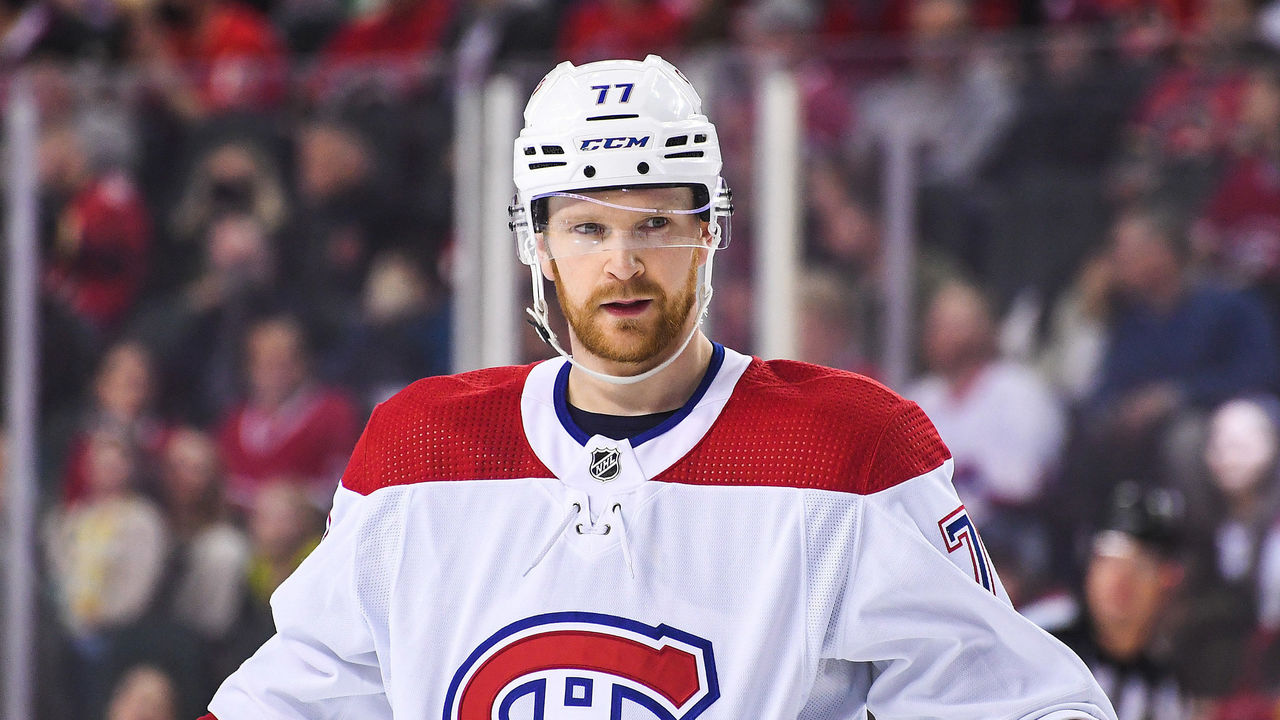
Speaking of rookie GMs, Kent Hughes has the Habs on the right track. He made four trades in the week before the deadline, all of which should be considered victories.
In total, Montreal traded away Ben Chiarot, Brett Kulak, Artturi Lehkonen, and Andrew Hammond for a first-round pick, two second-rounders, a fourth-round pick, prospects Nate Schnarr, Justin Barron, and Ty Smilanic, and defenseman William Lagesson. The Chiarot and Kulak returns were particularly impressive.
Colorado Avalanche
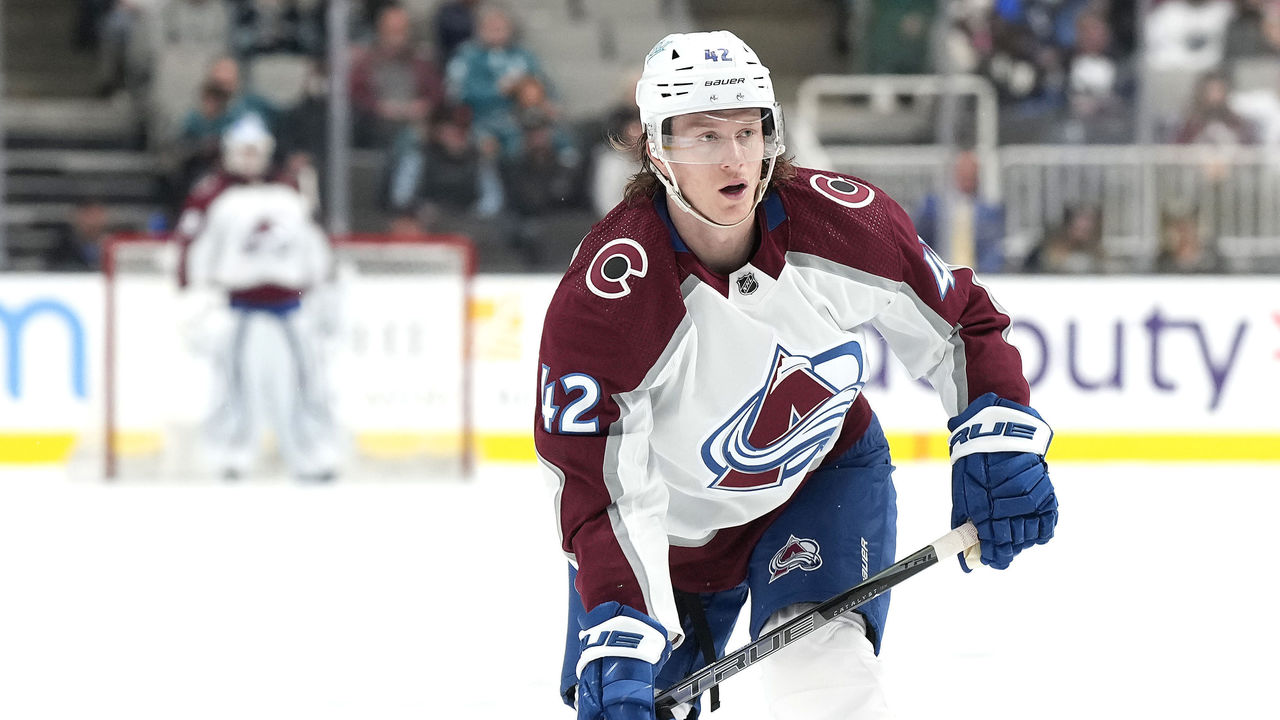
Like Guerin, Avalanche GM Joe Sakic knows this is the year to go all-in. Colorado is in first place in the NHL, and Nazem Kadri, Andre Burakovsky, Valeri Nichushkin, and Darcy Kuemper are all pending UFAs due for raises.
So, Sakic got down to work. On March 14, he landed bruising defenseman Josh Manson for a second-round pick and prospect Drew Helleson - impressive considering Chiarot cost a first-rounder. He then swapped Tyson Jost for Nico Sturm - two comparable players - to save cap space.
On deadline day, Sakic landed the Habs' Lehkonen - a pesky, two-way, middle-six winger - for a second-rounder and Barron. That's a steep price considering Barron was a 2020 first-round pick, but Colorado is absolutely loaded on defense, so his path to meaningful minutes was blocked. Also, Lehkonen is under team control for at least another year as a pending RFA.
Sakic wasn't done there, though, as he also added veteran winger Andrew Cogliano for a fourth-round pick. Even at 34 years old, Cogliano can still fly, so he'll fit in nicely with Colorado's up-tempo style of play in a bottom-six role.
None of these moves are overly sexy, but the Avs have enough flash and dash. These trades make them deeper and harder to play against as they gear up for a Stanley Cup run.
New York Rangers
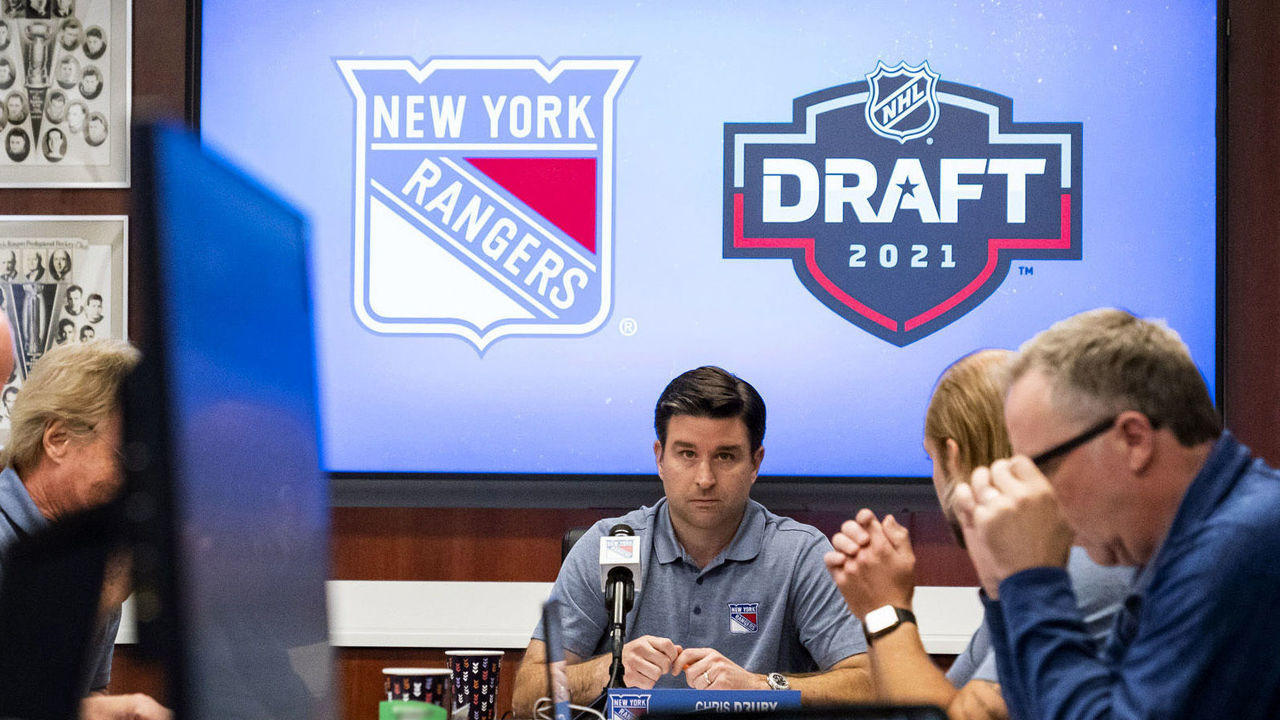
Rangers GM Chris Drury made a trio of solid additions on deadline day without mortgaging the team's future. They reeled in Andrew Copp, Motte, and Justin Braun - all without surrendering a first-round pick or any meaningful players or prospects.
Copp is a Swiss Army knife who can slot in wherever necessary: third-line center, top-line winger, checking-line winger - you name it. He can produce offense but also has some sandpaper in his game. And he'll help on both the power play and penalty kill, too.
Motte will serve as a high-energy, bottom-six forward on a team that needed some depth up front.
Braun, meanwhile, is a steady, veteran defenseman who'll slot in on the right side of New York's third pairing behind Adam Fox and Jacob Trouba. Getting him for a third-rounder was nice work considering comparable rental rearguards - like Kulak - cost more.
Netminder Igor Shesterkin and the team's power play have bailed out the Rangers all season, so these moves should help them more effectively drive play at five-on-five.
Losers
Washington Capitals
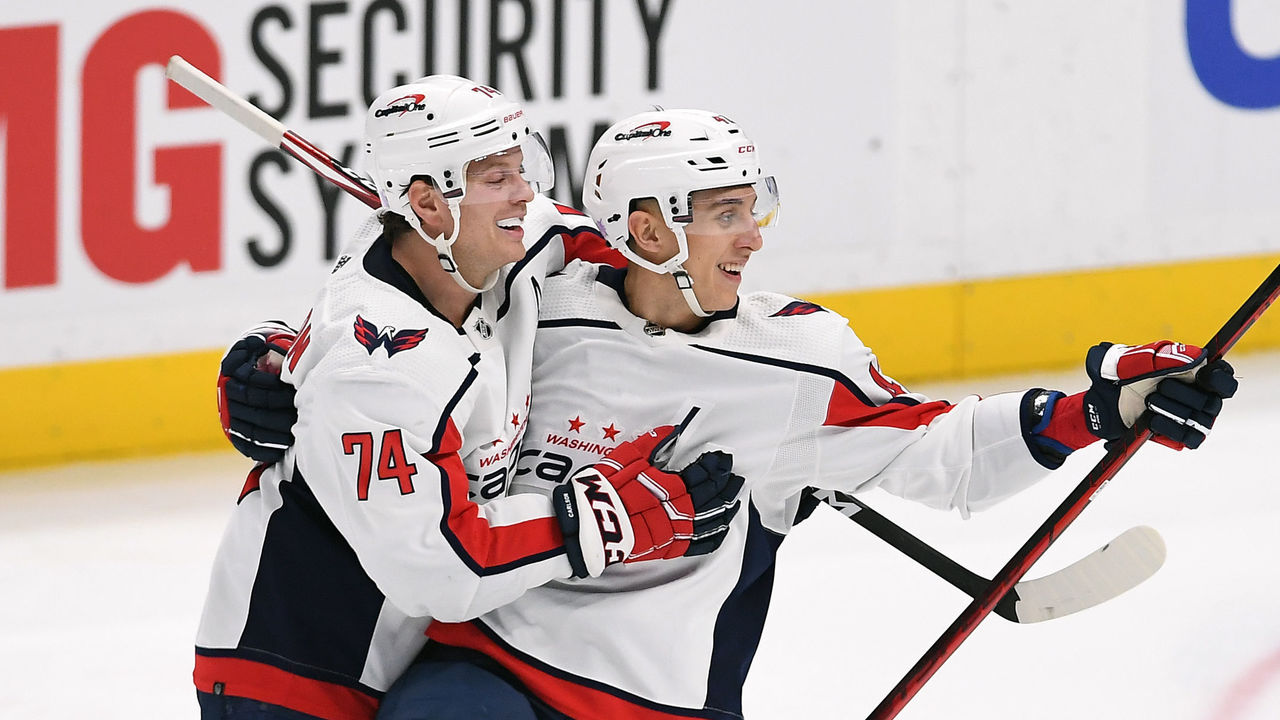
The Capitals made a pair of minor additions up front, adding Johan Larsson and Marcus Johansson while giving up third-, fourth-, and sixth-round picks, as well as forward Daniel Sprong. Neither player moves the needle all that much, though.
They also failed to address their most pressing need: a left-shot defenseman to play with John Carlson.
Rookie Martin Fehervary has held down that spot for most of the season and performed adequately, but he's best suited to a more sheltered third-pairing role at this stage of his career. The Fehervary-Carlson duo has produced a 49.8 expected goals share in 803 five-on-five minutes this season - not ideal for a top pairing.
Obtaining a rental defenseman would've no doubt been pricey, but for a team with an aging core in win-now mode, it would've been worth it. Especially since Vitek Vanecek, despite his hot play of late, still isn't a sure thing between the pipes. Question marks on defense and in net typically don't result in playoff success.
Chicago Blackhawks
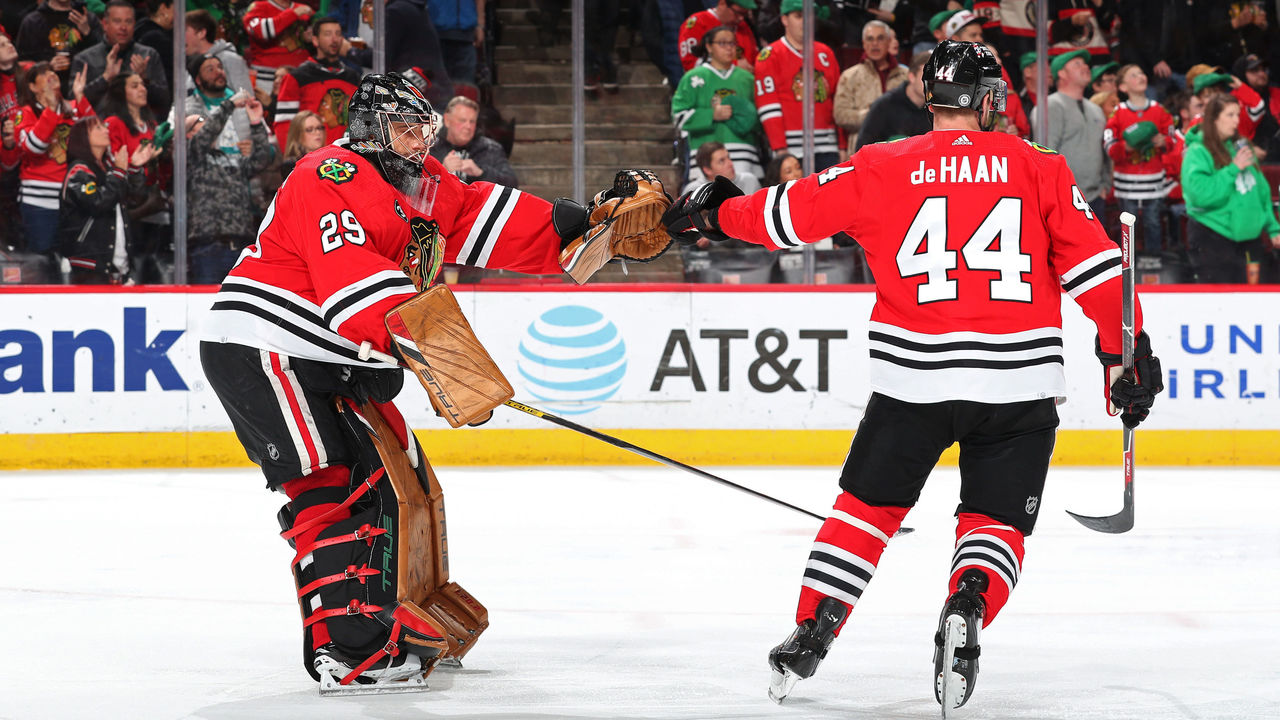
Kyle Davidson's first trade deadline as an NHL GM was a failure. Not only was the return for Fleury underwhelming, but Davidson also held on to pending UFA defenseman Calvin de Haan.
Considering the market for rental defensemen, the Blackhawks likely could've fetched at least a second-round pick for De Haan. That's a valuable asset for a rebuilding team like the Blackhawks, but now, they might lose him for nothing in free agency. That's awful asset management.
Edmonton Oilers
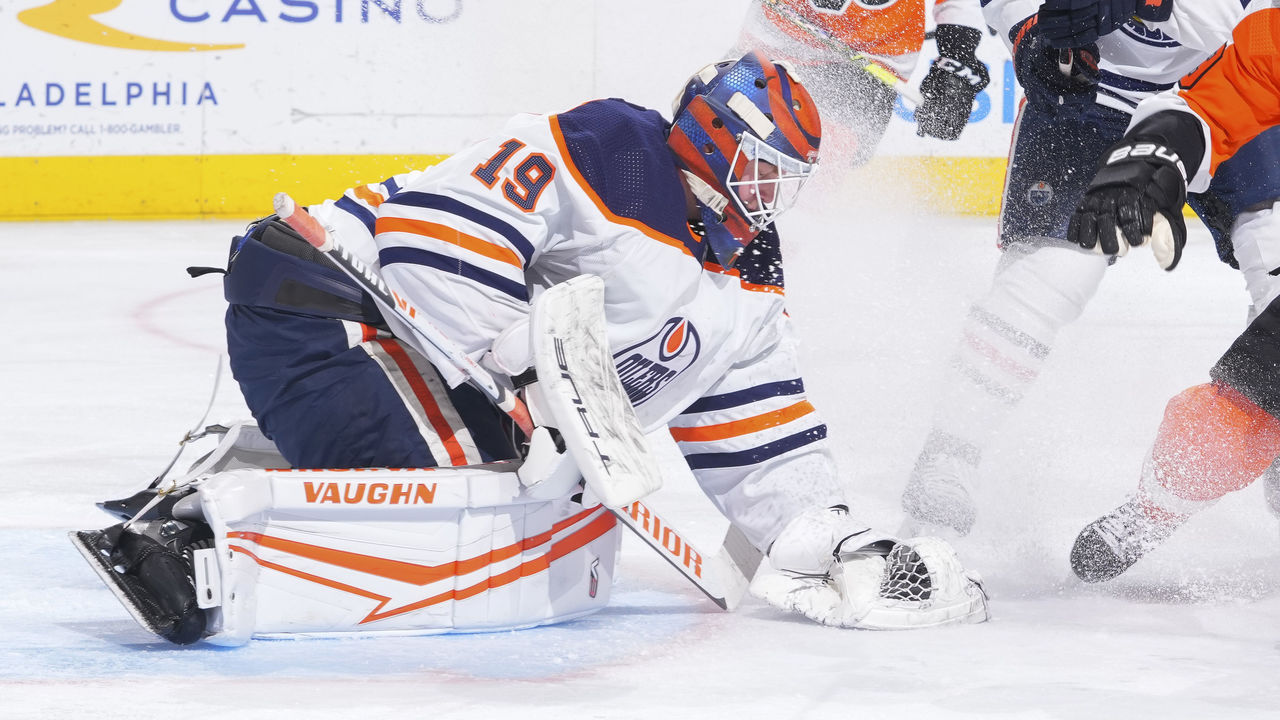
The Oilers made a pair of moves Monday, and neither addition will make a large impact. They brought in depth forward Derick Brassard for a fourth-round pick, and Kulak in exchange for Lagesson and a second-rounder.
Kulak is an analytics darling and a stellar third-pairing defender, but that's about his ceiling. He's obviously better than Lagesson, but the upgrade isn't worth the steep cost of a second-round pick. Dermott and Braun - two comparable defensemen - were traded for third-rounders, for example.
Edmonton also ignored its biggest need: a goalie. There weren't many netminders available, but sticking with the Mikko Koskinen-Mike Smith tandem is unacceptable. If poor goaltending keeps the Oilers out of the playoffs, it could potentially cost GM Ken Holland his job.
(Analytics source: Natural Stat Trick)
HEADLINES
- Slovakia takes Group B after late goal in loss to Sweden, Finland's win
- 5 key takeaways from Canada's hard-fought victory over Switzerland
- Report: Fiala to have season-ending surgery after Olympic injury
- Canada's Morrissey won't play vs. France, not ruled out of Olympics
- McDavid, MacKinnon shine in Canada's win over Swiss